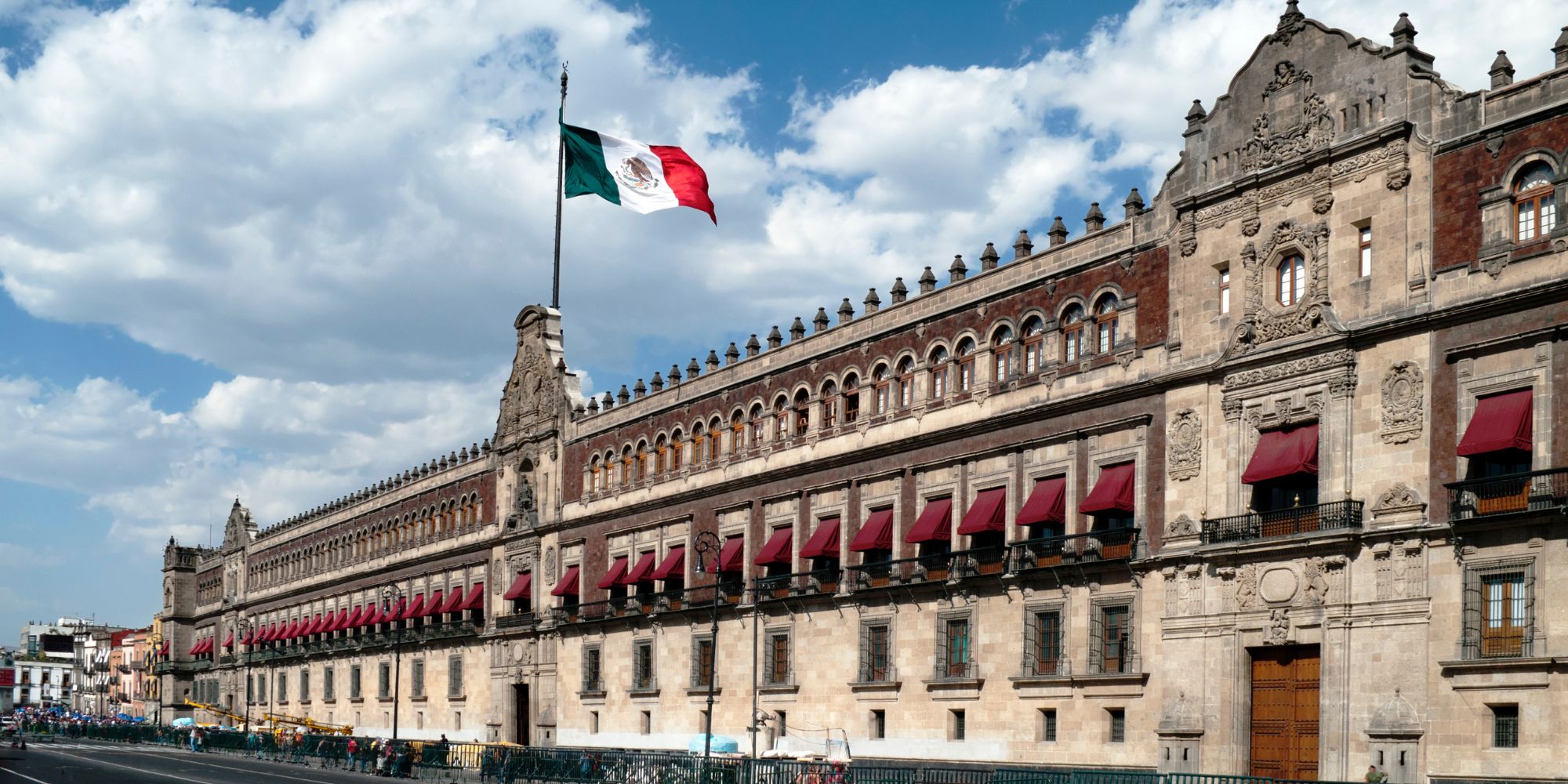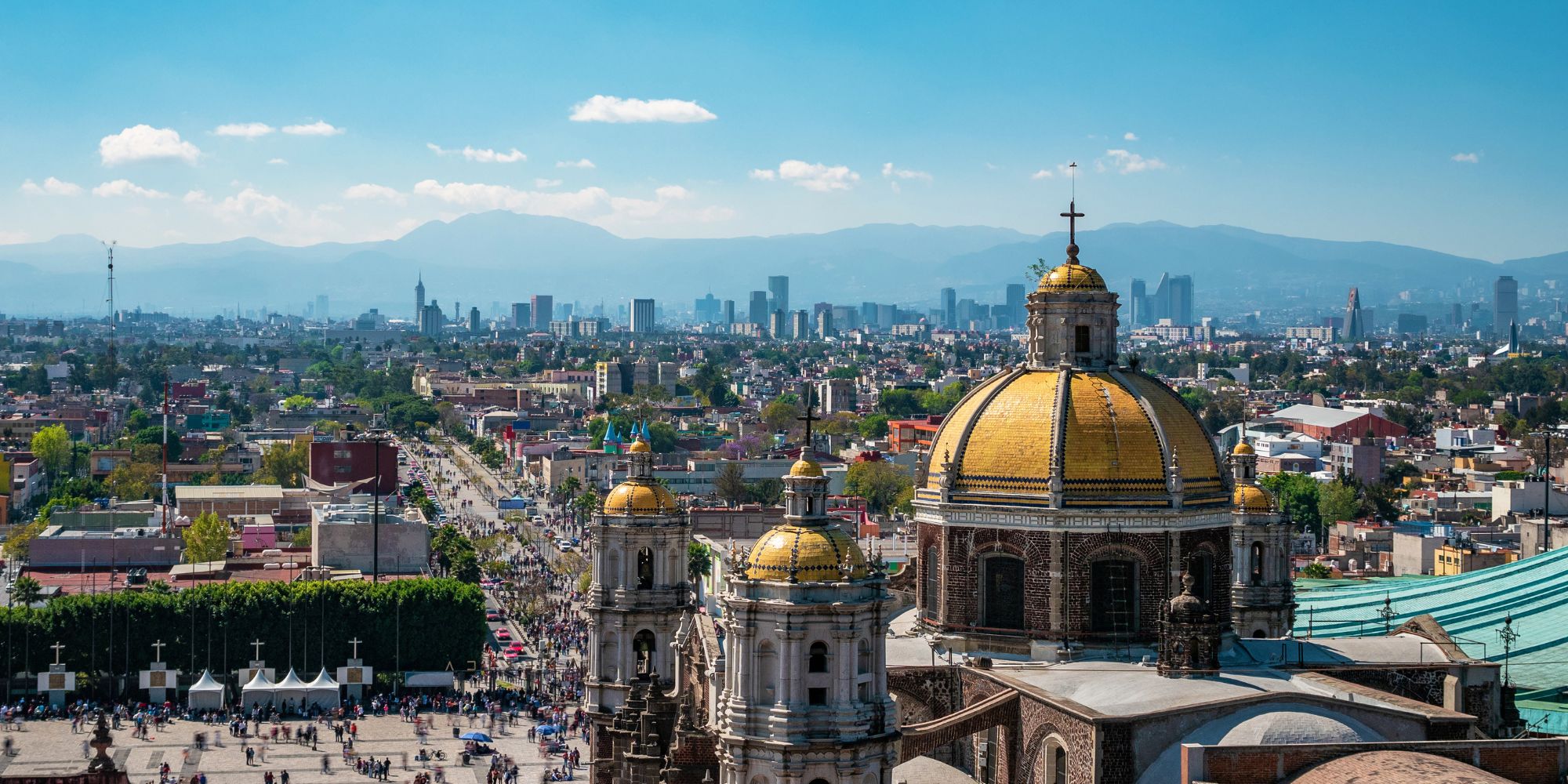On Sunday, June 2nd, Mexico will hold its presidential elections, marking the end of Andres Manuel Lopez Obrador’s term, although the likelihood of his party staying in power is quite probable. In this electoral process, it seems that, for the first time in the country’s history, a woman will occupy the presidential seat.
Beyond this interesting fact, numerous factors come into play in this election, including relations with the United States, the fight against drug cartels, national security, border policies, investment, taxes, and much more.
Who are the candidates competing for the presidency of Mexico?
Claudia Sheinbaum
Firstly, there is Claudia Sheinbaum, representing the Morena party among other left-wing parties. She is the chosen candidate of Andres Manuel Lopez Obrador to stay in power. From the various names considered for the candidacy, hers stood out due to her extreme trustworthiness to the current president.
To become a candidate, Sheinbaum had to step down as Head of Government of Mexico City and was officially elected to represent the party after various surveys were conducted within the coalition of left-wing parties.
Xochitl Galvez
On the other hand, there is Xochitl Galvez, representing the opposition to the current government and proposing a completely different path from the one taken in the last six years. Galvez represents the main right-wing parties in the country: the National Action Party (PAN), the Institutional Revolutionary Party (PRI), and the Party of the Democratic Revolution (PRD).
This candidate has recent political experience, with her latest position being that of a senator. Galvez has been critical of decisions made by the current government and promises to change the direction of the country regarding security and the economy.
Jorge Alvarez Maynez
Initially not among the main contenders, Alvarez emerged as a candidate from the Citizen’s Movement (Movimiento Ciudadano) after the withdrawal of Nuevo Leon Governor Samuel Garcia from the race. As a federal deputy and a key figure in his party, Alvarez Maynez’s candidacy introduces an alternative voice focusing on civil liberties, government transparency, and a modern approach to governance.
Presidential Polls and Candidates’ Proposals
Many polls are conducted just months before the election, mainly focusing on the two female candidates. The analysis company Oraculus compiled the most relevant polls, indicating that Claudia Sheinbaum has a 65% chance of winning the presidency, followed by Xachitl Galvez with 29%. With very different visions for the country, it seems likely that Mexicans will vote for a continuation of the Morena party in power.
Lopez Obrador’s successor, Claudia Sheinbaum, seems to intend to continue many of the policies and security measures implemented by the current president. For now, it does not seem that there will be too many changes in the country’s direction if wins the presidency, although she has promised a more feminist vision of politics.
Similar to Lopez Obrador’s approach since the beginning of his government, Sheinbaum strongly opposes corruption in her political discourse, although some relatives of the current president have been involved in various scandals. Likewise, her fight against drug cartels is one of her key priorities.
Regarding border policies, Sheinbaum promises to benefit the most vulnerable, continuing the current government’s vision where refuge is provided, and the transit of migrants to the southern border of the United States is facilitated.
Xochitl Galvez’s Vision
In contrast to Sheinbaum, Galvez has a more right-wing vision, and her life experience is more related to business than politics. For this reason, she has gained the support of many business leaders in the country, who see her as someone who can drive the national and international economy.
The PAN-PRI-PRD candidate has promised greater openness to the economy, fostering relations with the United States and Canada, encouraging more international investors to consider Mexico as a business center. Nearshoring is also of interest to Galvez, as she has stated that it will be one of her techniques to boost the economy.
In recent years, the relationship between Mexico and the United States has been characterized by maximum respect and collaboration. The Morena party has managed to maintain good relations with both former President Donald Trump and President Joe Biden. It is very likely that the relationships will continue to focus on the economic growth of both countries.
What do the candidates represent for the United States?
On one hand, there is Xochitl Galvez, representing the right-wing parties in the country, aligning much more with a capitalist model that would maintain good relations with the national and international private sector. On multiple occasions, she has held meetings with business leaders in the country and emphasized job creation to boost the economy.
Galvez’s vision of the United States is very open, and she has stated multiple times that she plans to maintain a bilateral collaboration plan benefiting both countries, in terms of migration and the economy.
Claudia Sheinbaum, on the other hand, represents the left in Mexico and has focused much of her speech on the poor people of the country, even criticizing national entrepreneurs for belonging to the elite. Despite this vision, and being part of the Morena party, she can continue the good relations with the United States, as Lopez Obrador has done.
At the end of the year, elections will also be held in the United States, and the elected candidate will undoubtedly shape the destiny of relations with Mexico, not only politically but also in terms of the economy, imports and exports, nearshoring, investments, border security, and much more.




